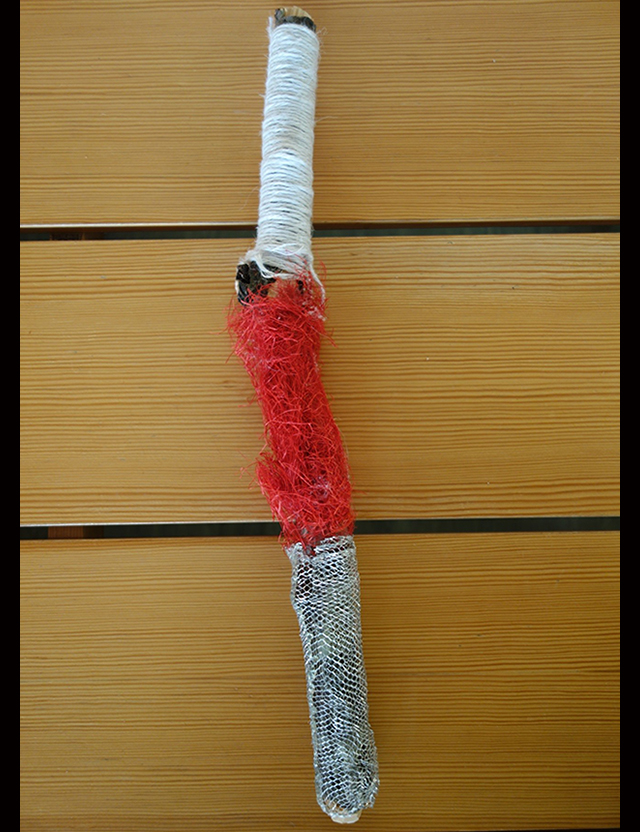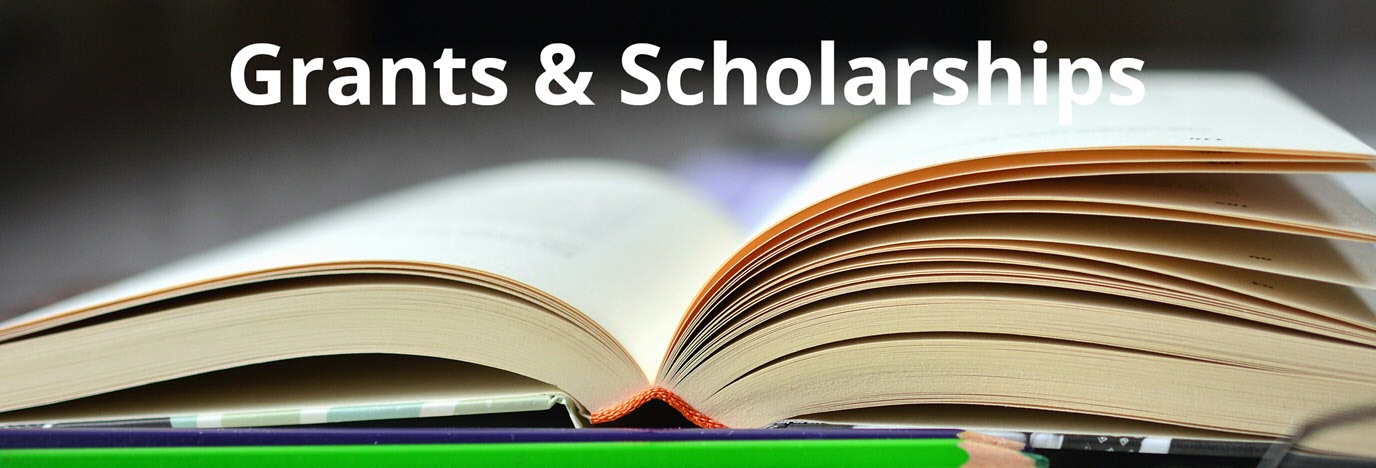
Would you like to analyse and improve the possibilities of deafblind people? Then this is the programme you are looking for!
The part-time programme is identical to the full-time programme, but is divided over two years. You will find the exact division of courses on this page once the programme for 2025/2026 is set.
| Semesters | ||||
|---|---|---|---|---|
| VakkenVakkencatalogus > | 1a | 1b | 2a | 2b |
| Introduction to Deafblindness (5 EC) | ||||
| Research methods (5 EC) | ||||
| Internship (20 EC) | ||||
| Master thesis (20 EC) | ||||
| Theories and Models (5 EC) | ||||
| Participation and Policy (5 EC) | ||||
| Specifieke eisen | Extra informatie |
|---|---|
| vooropleiding |
A bachelor's degree programme in special needs, education or another relevant bachelor's degree programme and sufficient knowledge of methodology. A non relevant bachelor's degree and a completed SPO premaster. |
| minimum kennis |
Sufficient courses on:
Previous experience with academic writing (e.g., Bachelor thesis), is desirable, but not an entry requirement. If you have any deficiencies in connection with statistics and Research methodology then we offer the possibility to take pre-master courses. The Admissions Office will inform you if you would qualify for this. For more information have a look at the SPO site about this premaster: https://spo-groningen.nl/opleidingen/schakelprogrammas-premasters/ |
| Vooropleiding | Organisatie | Instroom |
|---|---|---|
| Alle WO-instellingen | Via een pre-master van maximaal |
|
| Academische opleiding leraar basisonderwijs | Alle WO-instellingen |
Drempelloze toelating Extra informatie:Note: Applies to all bachelors in Pedagogical Sciences at a research university (not only to Academic primary school teacher) |
| Vooropleiding | Organisatie | Instroom |
|---|---|---|
| Pedagogische Wetenschappen | Rijksuniversiteit Groningen | Drempelloze toelating |
| Type student | Deadline | Start opleiding |
|---|---|---|
| Nederlandse studenten | 01 juni 2025 | 01 september 2025 |
| 01 juni 2026 | 01 september 2026 | |
| EU/EEA studenten | 01 juni 2025 | 01 september 2025 |
| 01 juni 2026 | 01 september 2026 | |
| non-EU/EEA studenten | 01 mei 2025 | 01 september 2025 |
| 01 mei 2026 | 01 september 2026 |
| Specifieke eisen | Extra informatie |
|---|---|
| vooropleiding |
Bachelor Pedagogical Sciences, Educational Sciences, Social Sciences or a similar relevant Bachelor's degree (e.g. Youth Studies, Special Needs Education etc.) and sufficient knowledge of methodology. |
| minimum kennis |
The transcripts show evidence of sufficient courses on: Research methods for the social sciences (preferably quantitative AND qualitative). Academic disciplinary knowledge on education, developmental psychology, educational psychology, sociology of education, and adjacent fields. Previous experience with academic writing (e.g., Bachelor thesis), is desirable, but not an entry requirement. |
| taaltoets cijfer |
The official language of the programme is English. Non-native English speakers must provide evidence of satisfactory results for one of the standard tests mentioned below. Official test results must be supplied. Please note, we do not accept Institutional TOEFL results as evidence of English proficiency. IELTS: overall 6.5; writing 6.5; speaking 6.5 | TOEFL internet-based: overall 90; speaking 22; writing 24 | CAE / CPE: C, B or A | Dutch pre-University diploma (VWO) including English: 5.5 for English | |
| Type student | Deadline | Start opleiding |
|---|---|---|
| Nederlandse studenten | 01 juni 2025 | 01 september 2025 |
| 01 juni 2026 | 01 september 2026 | |
| EU/EEA studenten | 01 juni 2025 | 01 september 2025 |
| 01 juni 2026 | 01 september 2026 | |
| non-EU/EEA studenten | 01 mei 2025 | 01 september 2025 |
| 01 mei 2026 | 01 september 2026 |
After graduation, you have the knowledge and skills needed to work in the field of education related to deafblindness. This programme gives you a good basis for consultancy work in education and for further research.
Apply expertise in assessment and intervention tools within a clinical and educational setting in inclusive and special needs education or related fields, for example in complex communication needs such as autism, mutism, and Profound Intellectual and Motor Disabilities (PIMD).
Establish and manage an independent practice to serve diverse client needs.
Conduct scientific research or pursue a PhD to advance knowledge and practice in the field.
The Master programme Deafblindness is linked to the Research Centre on Profound and Multiple Disabilities.

